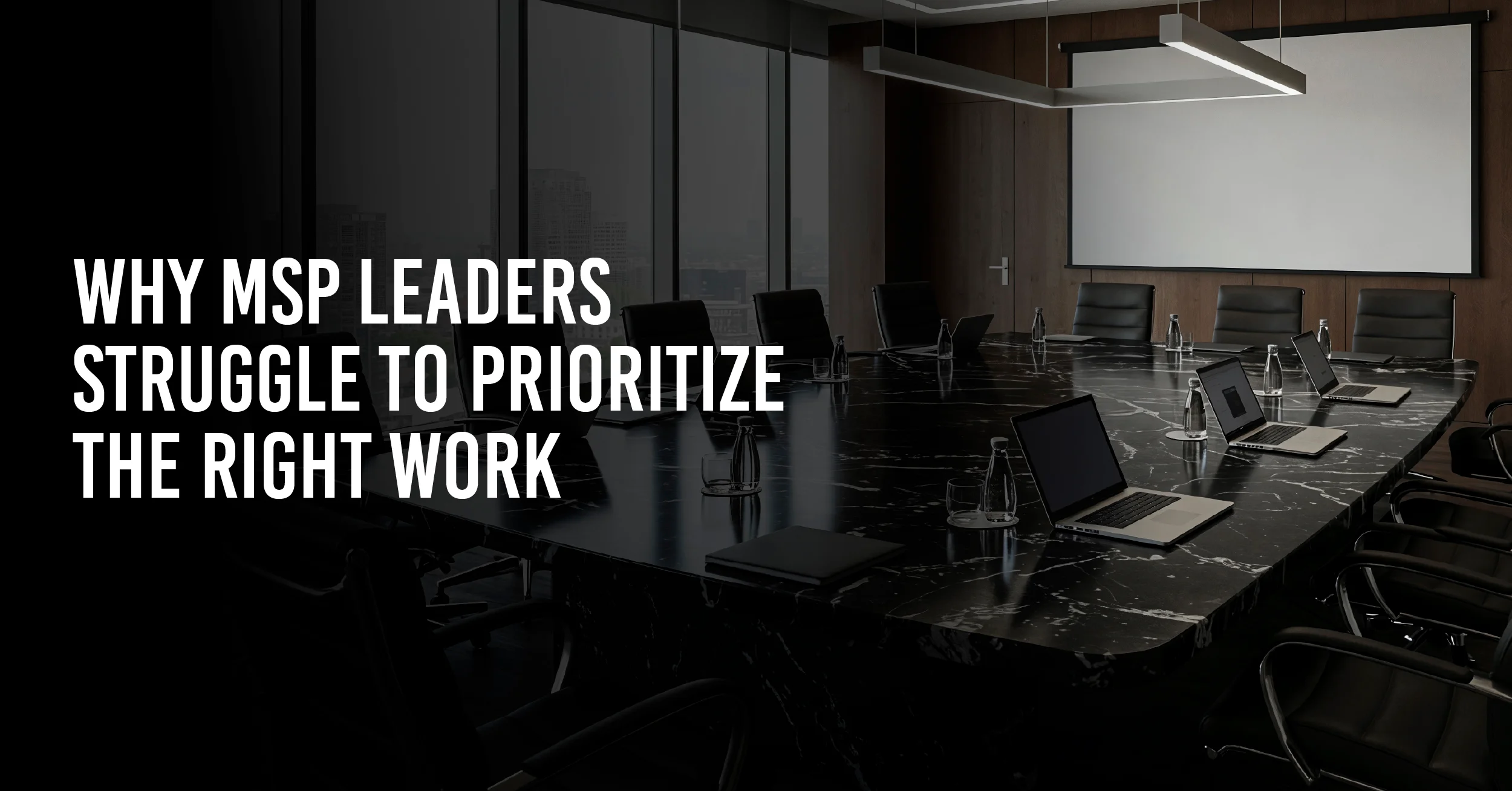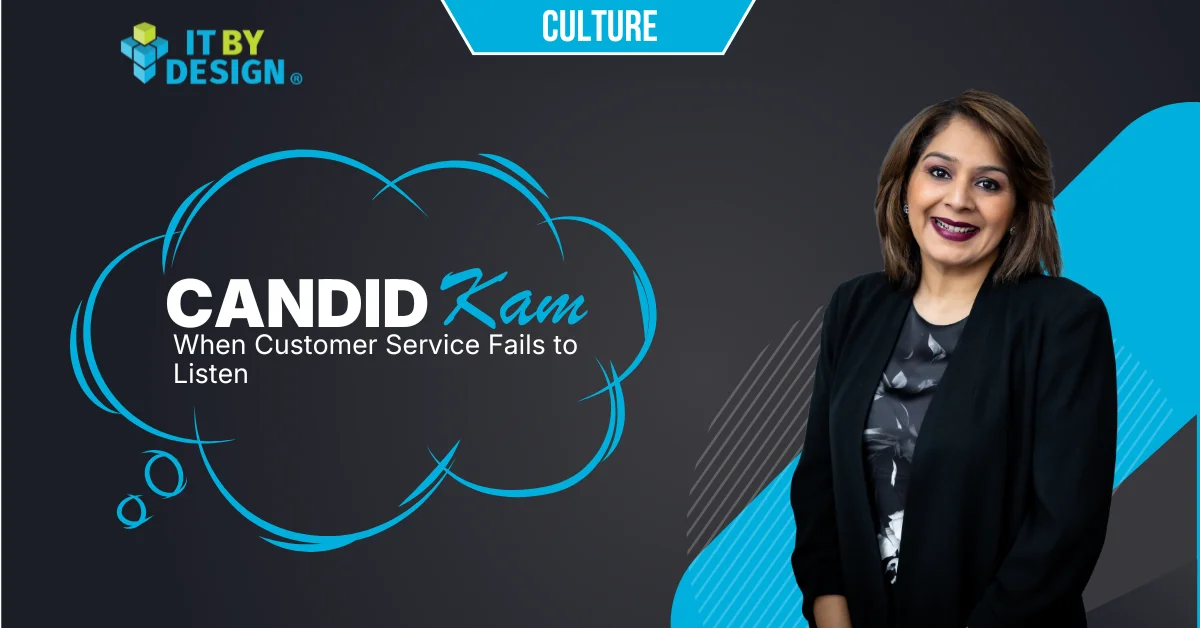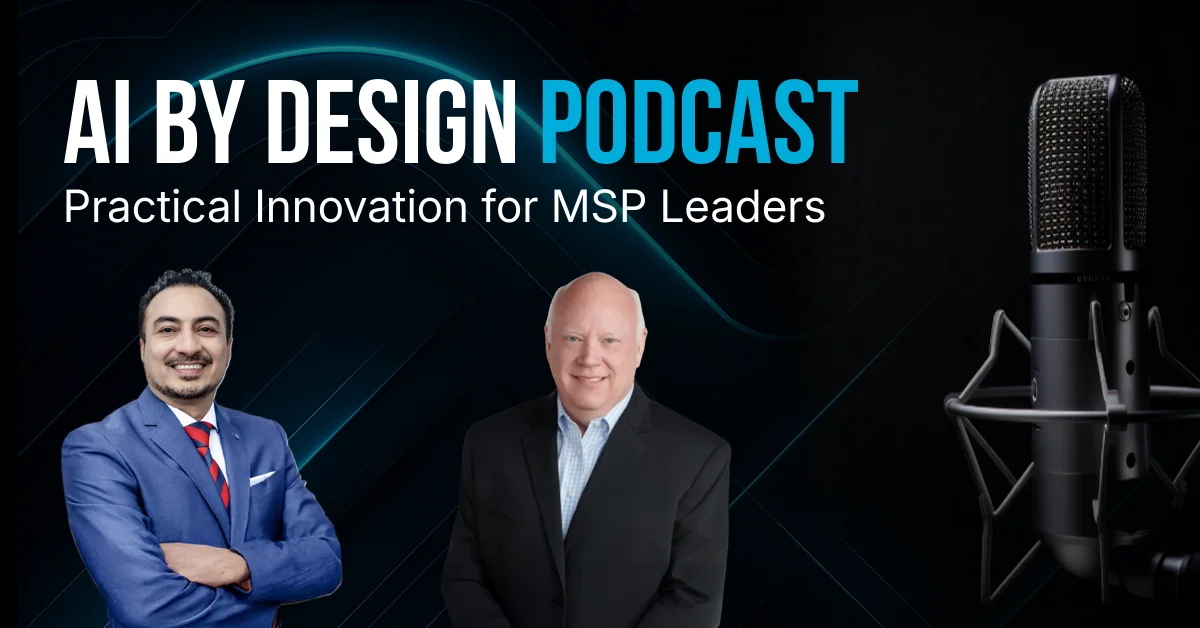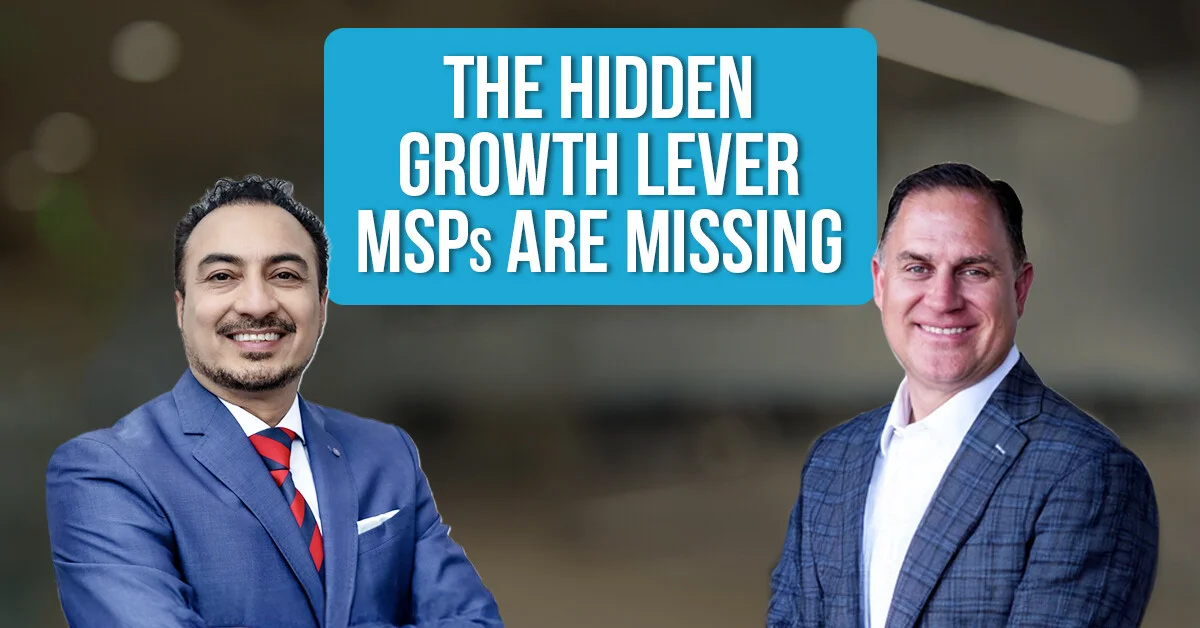Have you ever had one of those weeks where you are a little testy? Maybe you are worrying about something, not sleeping right, stressed because of a deadline. It’s just one of those days, weeks, maybe month or months (I hope not????). Whatever it is, you aren’t the best version of yourself or, maybe it’s not you in a bad mood but a co-worker, spouse, sibling, child. The list goes on.
The reason that I bring this up is that emotions play a significant role when we have conversations with people. Timing is everything. Let’s say you are at work and you are having a conversation with one of your team members. Something in that conversation triggers you. What happens? Your logical mind shuts down. The emotions begin to take over. There is a Sufi proverb, that the reason we yell when we are having arguments is because while we may be close to one another physically, hearts and minds are actually very far apart and so, we feel the need to raise our voice to communicate our perspective.
Now, you really shouldn’t be yelling at your team members, but you get my point. This could be anybody in your home or your social world. Those moments when we are just having a conversation and suddenly someone goes off. We’ve all been there, right?
What do we do?
I was listening to Simon Sinek recently, and he spoke about how we don’t always have to respond in a conversation. Oftentimes we actually are reacting, even if we are speaking in calm tones and potentially listening. Now the reason I say potentially listening, is because often when there is a disagreement, although we may not be speaking, that doesn’t mean we are actually listening. If somebody is in a high emotional state, our body automatically goes into fight or flight mode. We all know there’s two types of us, those that are more inclined to fight and those that are more inclined to flight. When a person’s emotions are high, no good can come from the conversation. Who says we have to complete the conversation right then and there?
Learn to walk away.
Having conversations when emotions are high is never productive. It’s better to take a breather, take yourself out of the situation and wait for both individuals to be calm, where we have rational thinking. Often, when someone is agitated or in a mood, they are more inclined to fight. Our body is ready for it, screaming “let’s go.” You want to release that pent up frustration that has been festering inside you— potentially at no fault of the other individual. It’s just a reaction. The poor innocent bystander that walked into that conversation not knowing what was about to happen. It’s like a deer in headlights.
Sometimes the other individual doesn’t even have to be in the mood, you could just not be effectively communicating with one another. Everybody has different perspectives, and ways that they receive information and process it. The important thing is knowing that timing is everything and when to walk away. Now I’m not saying to avoid conflict because that’s unhealthy as well, things will fester inside you. But knowing when to come back and regroup in the conversation is also just as important. That could be one day or five, maybe you save the conversation until next week’s meeting. Whatever it is, take the time. Obviously, I speak from experience—please, I have worked with my spouse for the last 20 years. There have been many opportunities for us to practice what we preach. Take our time out and come back to the conversation later.
The important thing for us all to realize is that we don’t always have to solve every conversation there and then. The combination of emotions vs. emotions is never good, and emotions vs. rational thinking may actually end up even worse. Learning to walk away and making sure that your mental states are in the same place for any conversation is key to reducing stress and having collaborative conversations. Do I always practice this? Mostly. I never said I was perfect????, but the intent is always there to make sure that the timing of the conversation is always right.








